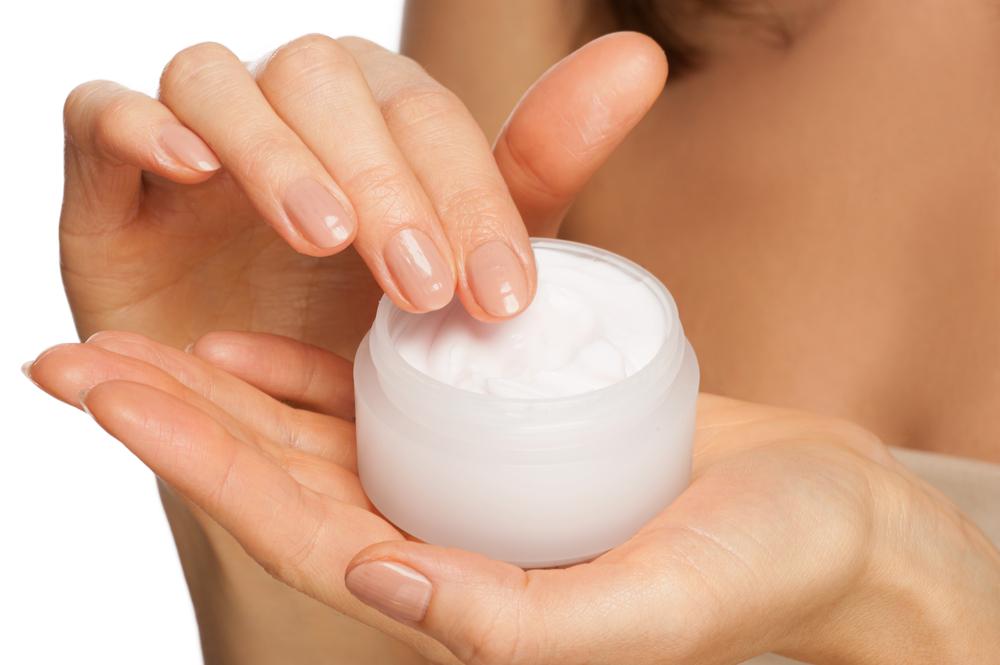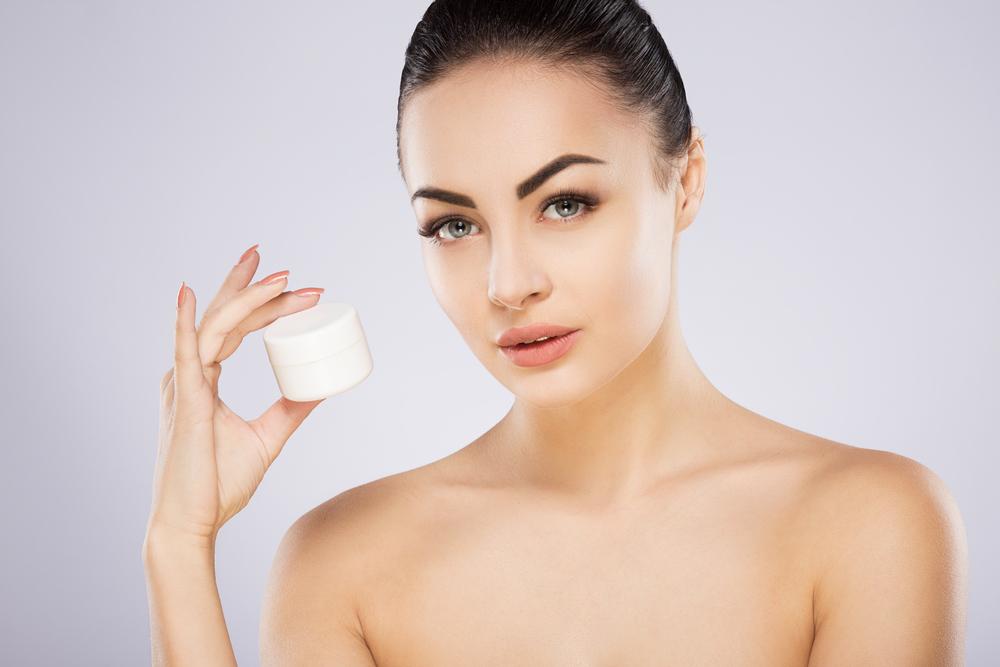Comprehensive Guide to Choosing Effective Skincare Products for Dehydrated Skin
Discover comprehensive tips for selecting skincare products tailored for dehydrated skin. Learn about essential ingredients, sun protection, skin type considerations, and cautious retinol use to restore moisture and maintain healthy, hydrated skin through expert advice and effective routines.

Comprehensive Guide to Choosing Effective Skincare Products for Dehydrated Skin
As seasonal changes, particularly winter, arrive, many individuals find their skin facing new challenges. Among the most common issues during this period is skin dehydration, which manifests as dryness, rough texture, dullness, and increased susceptibility to irritation. While some people naturally retain optimal skin hydration throughout the year, a significant number require a tailored skincare routine that emphasizes moisture retention. Achieving healthy, well-hydrated skin is a multifaceted process that extends beyond just topical applications and involves dietary habits, lifestyle choices, and environmental protection.
Hydrated skin is essential not only for aesthetic appeal but also for overall skin health and barrier function. Dehydration weakens the skin’s ability to fend off external irritants, leading to increased sensitivity, accelerated aging signs, and discomfort. To combat this, selecting the right skincare products becomes crucial. This guide provides detailed advice on how to identify and choose effective products aimed at restoring and maintaining skin hydration, especially for those experiencing dehydration signs.
Below are essential strategies to help you pick the most suitable skincare products for dehydrated skin, ensuring you restore moisture and protect your skin efficiently:
Thoroughly Evaluate Your Ingredients
When browsing skincare options, it can be overwhelming to navigate the myriad products available on the market. Focusing on ingredients is the most effective way to ensure you're choosing products that genuinely benefit dehydrated skin. Look for key hydrating elements such as glycerin, which is renowned for drawing moisture into skin cells, and humectants like hyaluronic acid that boost skin’s water content. Emollients like petrolatum and lanolin create a protective barrier that locks in moisture, preventing further dehydration.
Always scrutinize product labels, opting for formulations from reputable brands to avoid counterfeits or products containing harmful additives. Be cautious about ingredients that could potentially irritate sensitive or dehydrated skin, and avoid products with unnecessary fragrances, alcohols, or harsh chemicals that can exacerbate dryness. Choosing products with transparent ingredient lists helps ensure you’re making informed decisions and targeting your skin’s specific needs.
Prioritize Sun Protection Daily
While UV rays are most commonly associated with summer sun damage, they still pose a threat during winter—even on cloudy days. Ultraviolet exposure can further dehydrate skin, break down collagen, and worsen dullness. Therefore, incorporating broad-spectrum sunscreen with at least SPF 30 into your daily skincare routine is vital. Sunscreen acts as a barrier against harmful rays, preventing additional moisture loss and protecting against photoaging.
For optimal protection, apply sunscreen generously on all exposed areas, and reapply every two hours if spending extended time outdoors. Consider sunscreens formulated for sensitive, dehydrated skin that contain nourishing ingredients to enhance hydration while providing protection. Remember, consistent sun protection is one of the simplest yet most effective methods to preserve skin’s moisture levels over time.
Understand and Adapt to Your Skin Type
Dehydrated skin can affect any skin type, but its needs can vary depending on whether your skin is oily, dry, sensitive, or combination. Facial skin tends to be more delicate and sensitive due to its thinner epidermis, requiring gentle, non-comedogenic moisturizers that won’t clog pores or cause further dryness.
For facial care, opt for lightweight, water-based formulations that deliver hydration without heaviness. Ingredients such as aloe vera, chamomile, and glycerin are excellent choices for sensitive or dehydrated skin. For body care, richer formulations containing oils and extracts—like jojoba oil, shea butter, and botanical extracts—are suitable for restoring moisture effectively across larger skin areas. Tailoring your product selection according to your skin type ensures maximum hydration and comfort.
Use Retinol with Care and Professional Guidance
Retinol, a derivative of vitamin A, is lauded for its ability to promote cellular turnover, improve skin texture, and combat signs of aging. However, due to its potency, retinol can also cause increased dryness and irritation if used improperly. For dehydrated or sensitive skin, incorporating retinol into your skincare routine should be approached cautiously.
It is highly recommended to consult with a dermatologist before starting retinol treatments. Professionals can advise on appropriate formulations, concentrations, and application schedules tailored to your skin’s condition. When using retinol, start with low concentrations and gradually increase usage to build tolerance. Always follow it with a hydrating moisturizer to counteract dryness, and avoid using it in conjunction with other harsh ingredients like benzoyl peroxide or alpha hydroxy acids unless directed by a professional. Proper application and expert guidance are key to maximizing benefits while minimizing adverse effects.
Persistent skin dryness, redness, or irritation despite these precautions may indicate an underlying condition requiring personalized assessment and treatment by a skincare specialist.





